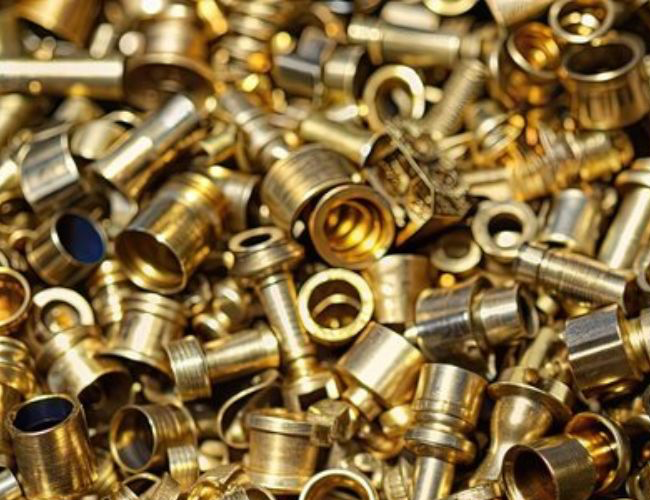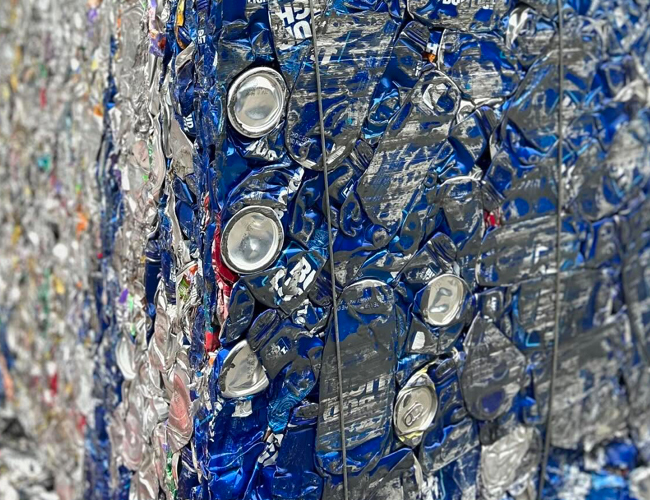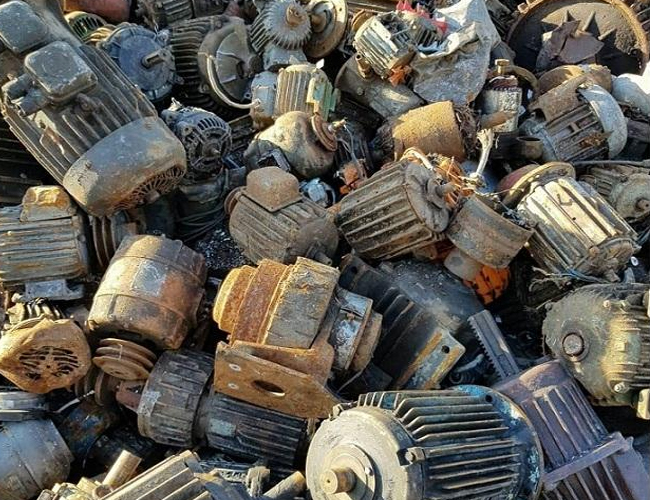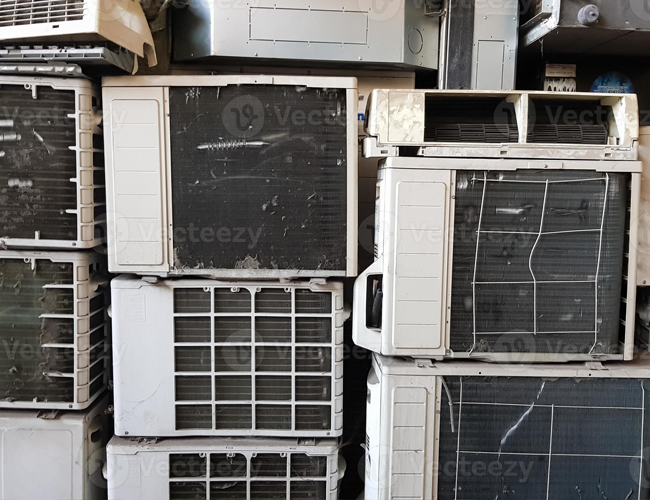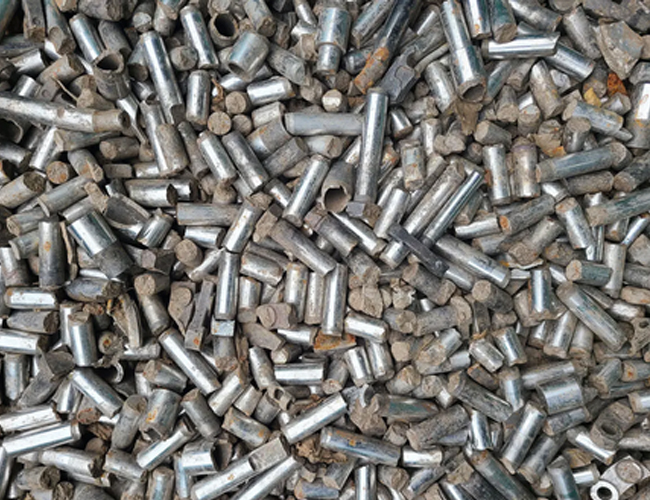Materials Purchased by Federal Metals and Alloys
Federal Metals and Alloys is a leading scrap metal buyer and recycling facility in South Plainfield, New Jersey, purchasing a wide range of non-ferrous metals and ferrous metals at competitive market prices. With over 50 years of experience serving Central New Jersey, we provide reliable, accurate, and transparent scrap metal recycling services for individuals and businesses alike.
We buy scrap metal from homeowners, contractors, manufacturers, industrial facilities, demolition companies, and municipalities throughout South Plainfield and the surrounding Central NJ area. Our six-acre recycling yard is equipped to properly identify, weigh, and process all grades of scrap metal, ensuring fast service and fair payouts.
Whether you are recycling copper, aluminum, brass, stainless steel, steel, or precious metal-bearing materials, Federal Metals and Alloys is your trusted local destination for scrap metal recycling. If you don’t see your material listed below, contact our team—we are always happy to help and can often identify specialty or uncommon scrap metals.


